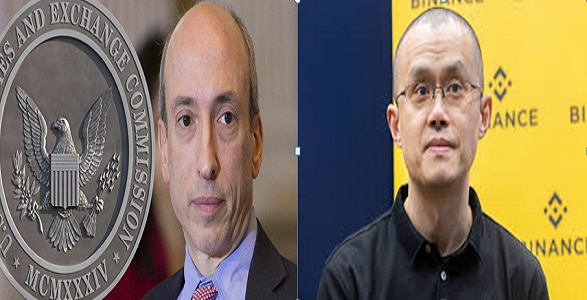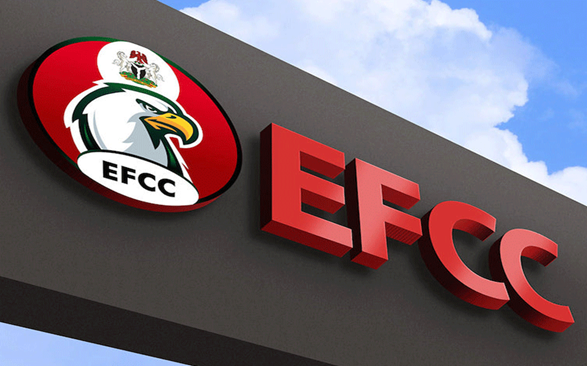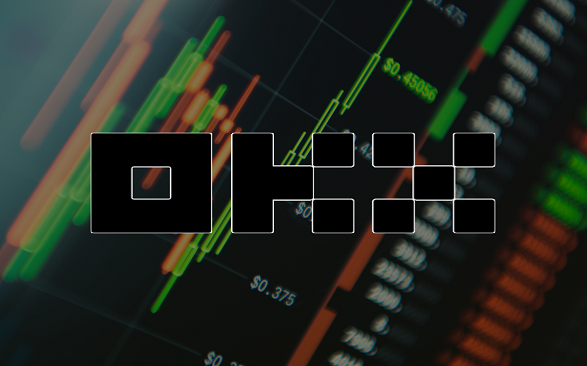Edison Irabor
The U.S SEC’s and Binance’s agreement to allow Binance.US to continue to operate in the US pending the outcome of the ongoing legal battle has been approved by a US court. In this report on CAB’s Scoop, we identify what terms of the agreement make each party happy, how this favors consumers, and how the battle ahead is just about to begin.
The United States Securities and Exchange Commission (U.S SEC) and Binance, the biggest digital asset exchange in the world, have both agreed that Binance.US would be allowed to access funds for the continued operations in the U.S. The agreement, amongst others, was approved by Washington, D.C. federal judge Amy Berman Jackson, 17 June 2023.
Effectively, the court has refused the U.S SEC’s application for a temporary restraining order (TRO) that would have frozen all Binance.US assets.
Earlier on, precisely 14 June 2023, Judge Jackson, refusing to grant the U.S SEC’s request, maintained that ruling on the matter was, in her opinion, not in the best interest of the parties considering its far-reaching implications of a ruling. Rather, Judge Jackson preferred that both the U.S SEC and Binance should reach an agreement. Two days later, the parties reported that they had reached an agreement.
Two (2) major terms of agreement between the U.S SEC and Binance that Binance must be happy about
Two (2) major terms of agreement were struck, which will apply throughout the period the court action lasts:
First, U.S-based customers will be entitled to withdraw funds from Binance.US. This may be to ensure that customers do not avoidably become victims of the U.S SEC’s court action.
Second, only Binance.US employees will have access to client funds. This ensures that U.S customer assets do not go offshore.
Although Binance global officials are prevented from access to private keys of wallets, hardware wallets, or root access to Binance.US’s Amazon Web Services tools, the two terms above prevents Binance.US account from being temporarily frozen, as requested by the U.S SEC, which would have had a devastating effect on affected U.S customers and Binance.US. According to the agreement, Binance.US is required to create new crypto wallets to which the global exchange’s employees have no access, provide additional information to the SEC and agree to an expedited discovery schedule,
Besides, generally, unlike employees of the U.S-registered entity Binance.US, it will be more difficult to bring Binance global officers under U.S jurisdiction.
Three (3) major terms of agreement between the U.S SEC and Binance that the U.S SEC must be happy about.
First, the order prohibits BAM from transferring any assets or funds to co-defendants Binance Holdings Limited, Changpeng Zhao (CZ), or their affiliates. This also applies to providing control over such assets or funds.
Second, Binance will repatriate to the US assets held for the benefit of BAM’s U.S. customers.
Third, the order restricts BAM from spending assets or funds except for ordinary course business expenses and requires BAM to provide the U.S. SEC with oversight over such expenses.
The level of supervisory control the terms above confer on the U.S SEC is something it will be happy about as it does not, obviously, trust Binance. This is understandably so since the U.S SEC alleges that CZ and Binance have been commingling customer assets.
Three (3) terms of agreement between the U.S SEC and Binance for compliance with procedures and demonstration of good faith
First, integrity. Binance and all its entities are prohibited from destroying records.
Second, accountability. Binance and all its entities are required to submit expedited sworn accountings of certain assets to the SEC.
Third, transparency. Binance and all its entities are required to submit to expedited discovery by the SEC on the custody and security of customer assets.
Binance responds to the Court-ordered agreement.
In a tweet, Binance expressed its pleasure with the decision of the Court:
“We are pleased to inform you that the Court did not grant the SEC’s request for a TRO and freeze of assets on our platform which was clearly unjustified by both the facts and the law.”
On its Twitter page, following Judge Jackson’s refusal to grant U.S SEC’s application for an emergency order to freeze Binance.US assets on the basis of misuse of customer funds, Binance.US reemphasized its position that the U.S SEC’s action was unjustified:
“We are pleased to inform you that the Court did not grant the SEC’s request for a TRO and freeze of assets on our platform which was clearly unjustified by both the facts and the law.
Instead, we were able to reach a Court-ordered agreement with the SEC that allows us to continue our ordinary course business. There has never been any evidence presented by the SEC concerning mis-use of customer assets. In fact, the SEC lawyers conceded in Court earlier this week, when asked by the Judge, that they had no evidence suggesting that any such thing had occurred.”
Read also: Binance accuses the U.S SEC of aiming to unilaterally define crypto market structure.
The U.S SEC responds the court-ordered agreement
As far as the U.S SEC sees it, the court order premised on its agreement with Binance is positive for the U.S SEC. This is because essentially the court order ensures that apart from Binance.US customers being allowed to withdraw their assets from Binance.US, any assets that remain on the platform would be protected and remain in the United States throughout the litigation period.
In a statement issued for immediate release on 17 June 2023, the U.S SEC pointed out that it has secured emergency relief in which all the defendants in its litigation against Binance Holdings Limited, BAM Management US Holdings Inc., BAM Trading Services Inc., and Changpeng Zhao agreed to repatriate to the United States assets held for the benefit of customers of the Binance.US crypto trading platform:
“Given that Changpeng Zhao and Binance have control of the platforms’ customers’ assets and have been able to commingle customer assets or divert customer assets as they please, as we have alleged, these prohibitions are essential to protecting investor assets.”
Read also: Why exactly the U.S SEC sued Binance, the biggest crypto exchange in the world, and Zhao
The agreement is a win-win for the U.S SEC and Binance at this stage, but no celebration yet.
Reasonably, the court order being a mutual agreement of both the U.S SEC and Binance, it is not expected that either party will be dissatisfied with the order. Therefore, it is logical to see each party emphasizing the parts of the court order that best reinforce its legal position.
But it is not celebration tine yet for either Binance or the U.S SEC.
On the one hand, the U.S SEC is still gunning for Binance and CZ for their alleged securities law violations in the U.S. It continues to argue that the U.S securities regulations are clear, but Binance willfully violated them by design.
On the other hand, Binance.US said the ongoing U.S SEC fight has damaged its business and reputation, but not its “fighting spirit” or “resolve to defend itself against unwarranted charges”. Maintaining that the U.S SEC’s action remains “regulation by enforcement”, Binance.US says it is alien to the U.S system of justice.
Due to the U.S SEC’s court action for the TRO, Binance.US had to suspend dollar deposits last week. It gave customers up to 13 June 2023 to withdraw their dollar funds from the platform. The effect of such a serious measure is capable of destroying any business.
Hopefully, the U.S SEC v. Binance case ends up a win for consumer protection and investor safety in the U.S, something that Binance, as well Coinbase and a number of other operators, do not believe the U.S SEC necessarily protects.
Read also: Is crypto exchange Coinbase leaving the U.S?
Discover more from Crypto Asset Buyer
Subscribe to get the latest posts sent to your email.





